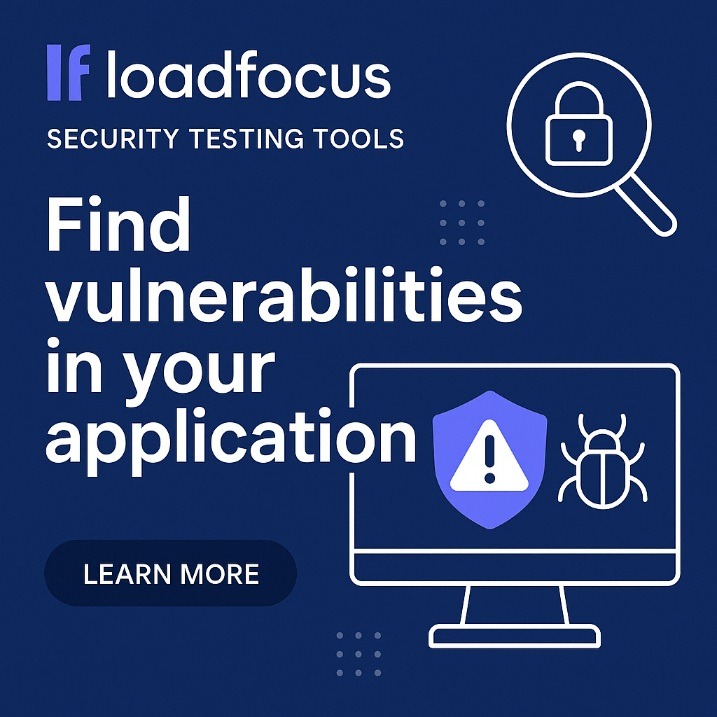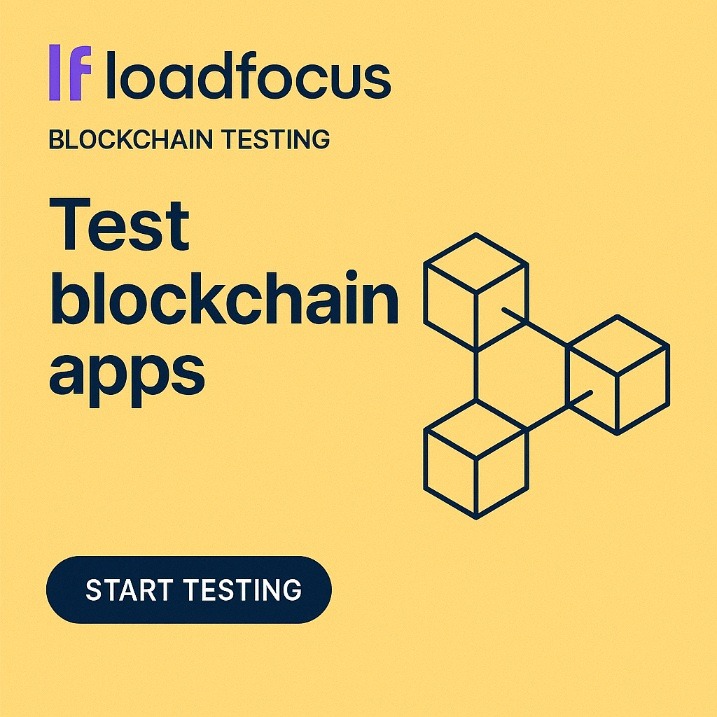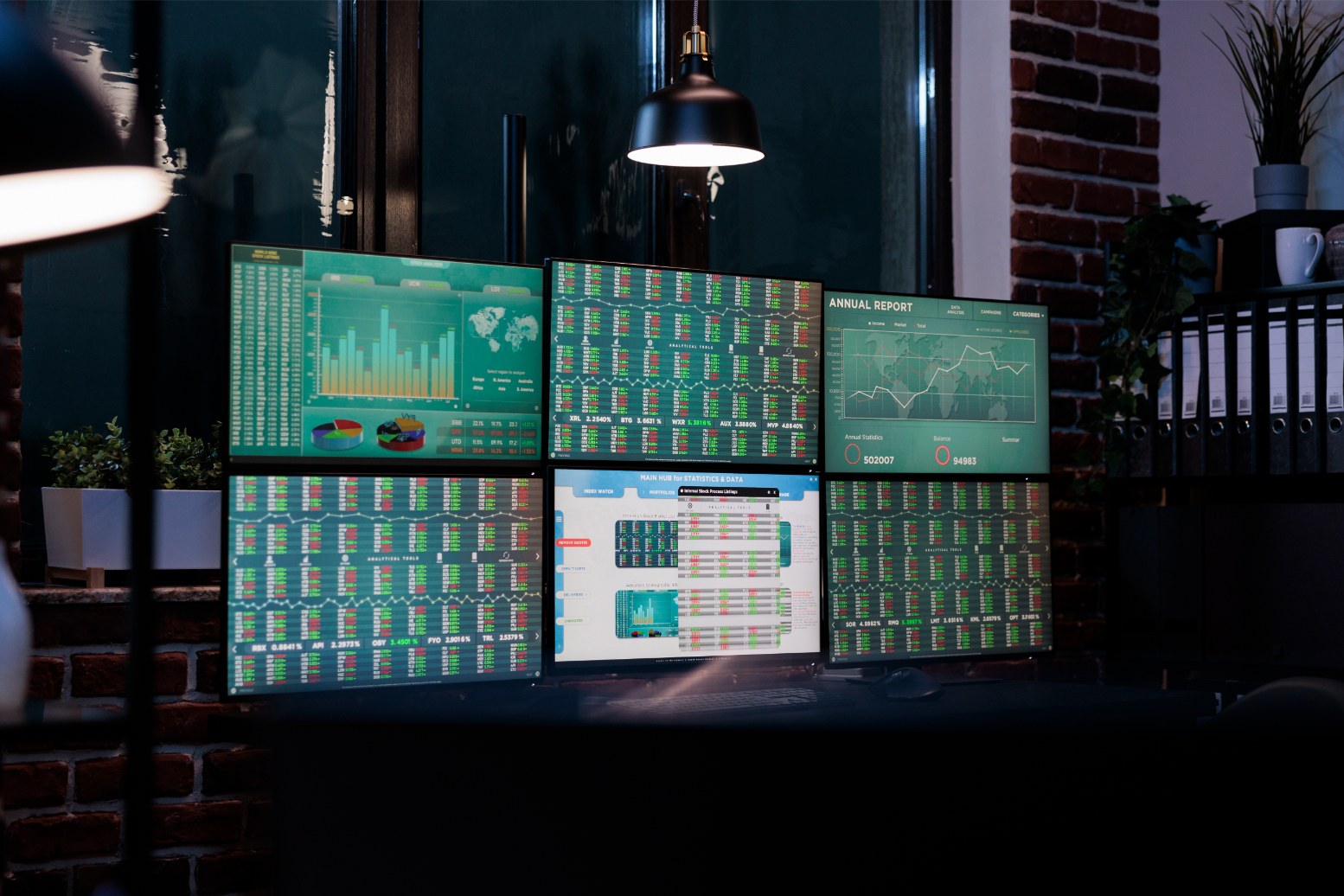App development is no longer just for tech giants or large companies; it’s for anyone with an idea, from solo entrepreneurs to students, and even large development teams. As app demand rises, the tools to build them have become more accessible and diverse. Whether you’re a non-technical business owner looking for an intuitive drag-and-drop builder or a software engineer needing powerful coding frameworks, the right app development software can help turn your vision into reality.
In this guide, we’ll explore the 12 best app development software options for 2025, suitable for a wide range of needs—from simple apps to complex, enterprise-level applications. We’ll walk you through each tool’s features, pros, and cons, helping you make an informed decision based on your project requirements.
Is Your Infrastructure Ready for Global Traffic Spikes?
Unexpected load surges can disrupt your services. With LoadFocus’s cutting-edge Load Testing solutions, simulate real-world traffic from multiple global locations in a single test. Our advanced engine dynamically upscales and downscales virtual users in real time, delivering comprehensive reports that empower you to identify and resolve performance bottlenecks before they affect your users.
Overview: 12 Best App Development Software in 2025
Here’s a quick look at the top app development software for 2025:
- LoadFocus – for cloud-based load testing and monitoring for web apps and APIs.
- Android Studio – for native Android development with robust debugging tools.
- Xcode – for iOS/macOS development with seamless Apple ecosystem integration.
- Flutter – for cross-platform app development using a single codebase.
- React Native – for building mobile apps with a JavaScript framework.
- Appy Pie – for non-technical users seeking a drag-and-drop app builder.
- Unity – for creating apps with advanced 3D rendering, especially gaming apps.
- OutSystems – for low-code app development suited for enterprises.
- Bubble – for building web apps without writing code.
- PhoneGap – for open-source, cross-platform development.
- BuildFire – for an easy-to-use mobile app builder with a strong plugin library.
- Kodular – for simple app development with an intuitive interface for beginners.
A Closer Look at the Best App Development Software Picks
1. LoadFocus
Best for: Cloud-based load testing and monitoring for web apps and APIs
LoadFocus is an essential tool for ensuring that your app can handle traffic and perform well under pressure. Whether you’re building a small app or a large-scale web application, LoadFocus helps you simulate load testing to avoid crashes during high-traffic events like launches. It’s a perfect fit for businesses of any size looking to optimize performance and prevent costly downtime.
Think your website can handle a traffic spike?
Fair enough, but why leave it to chance? Uncover your website’s true limits with LoadFocus’s cloud-based Load Testing for Web Apps, Websites, and APIs. Avoid the risk of costly downtimes and missed opportunities—find out before your users do!
2. Android Studio
Best for: Native Android development with robust debugging tools
Android Studio is Google’s official integrated development environment (IDE) for Android development. It comes with powerful debugging, code editing, and testing tools. If you’re looking to develop a native Android app, Android Studio provides everything you need, from real-time coding suggestions to an emulator for testing apps on various devices.
3. Xcode
Best for: iOS/macOS development with seamless Apple ecosystem integration
Xcode is Apple’s go-to IDE for developing apps on iOS and macOS. With integrated debugging, testing, and interface-building tools, it provides a comprehensive platform for building apps within the Apple ecosystem. It’s ideal for developers focused on delivering native apps with high-performance and stability on Apple devices.
LoadFocus is an all-in-one Cloud Testing Platform for Websites and APIs for Load Testing, Apache JMeter Load Testing, Page Speed Monitoring and API Monitoring!
4. Flutter
Best for: Cross-platform app development using a single codebase
Flutter, developed by Google, allows developers to build natively compiled applications for mobile, web, and desktop from a single codebase. Using the Dart language, it’s especially good for developers seeking to build beautiful, fast apps across multiple platforms without needing to maintain separate codebases for iOS and Android.
5. React Native
Best for: Building mobile apps with a JavaScript framework
React Native is a popular open-source framework for building mobile apps using JavaScript and React. It allows you to create real mobile apps with native components, and it’s widely used for cross-platform development. React Native is a great choice for teams familiar with JavaScript, as it offers significant code reuse between iOS and Android.
6. Appy Pie
Best for: Non-technical users seeking a drag-and-drop app builder
Appy Pie makes app development accessible for everyone, offering a drag-and-drop builder that doesn’t require coding knowledge. It’s perfect for small businesses, entrepreneurs, or students looking to create simple apps quickly. Appy Pie supports multiple platforms, including iOS and Android, making it a versatile tool for app creation.
7. Unity
Best for: Creating apps with advanced 3D rendering, especially gaming apps
Unity is a powerful development platform for building apps, particularly those that require 3D graphics, such as games or VR applications. With extensive libraries and plugins, Unity allows developers to create visually stunning, performance-driven apps across multiple platforms, including mobile, desktop, and consoles.
8. OutSystems
Best for: Low-code app development suited for enterprises
OutSystems is designed for enterprise-level app development with minimal coding required. It’s a low-code platform that allows businesses to rapidly build and deploy apps while ensuring scalability and security. OutSystems is perfect for teams looking to develop custom solutions without needing a large, in-house development team.
9. Bubble
Best for: Building web apps without writing code
Bubble is a no-code web app builder that allows users to create fully functional apps without touching a single line of code. It’s perfect for entrepreneurs, product owners, and web agencies that need a fast, flexible solution for building MVPs or full-fledged apps. Bubble integrates well with various APIs, adding more functionality to your web apps.
10. PhoneGap
Best for: Open-source, cross-platform development
PhoneGap is an open-source framework that allows developers to build mobile apps using HTML, CSS, and JavaScript. It’s a great choice for web developers who want to transition into mobile development without learning new programming languages. With its cross-platform capabilities, PhoneGap makes app development more efficient and cost-effective.
11. BuildFire
Best for: Easy-to-use mobile app builder with a strong plugin library
BuildFire is a user-friendly platform for building mobile apps without needing advanced coding knowledge. It offers a wide range of plugins and customizable templates, making it ideal for small businesses and individuals looking to quickly create functional apps. BuildFire is especially strong in mobile app development, with built-in features for scalability.
12. Kodular
Best for: Simple app development with an intuitive interface for beginners
Kodular is a visual app development platform designed for beginners, especially students. It provides an easy-to-use drag-and-drop interface, allowing users to create Android apps with minimal coding experience. Kodular’s simplicity makes it a perfect starting point for those who are new to app development but still want to build functional apps.
Frequently Asked Questions
What is the best app development software for beginners?
For beginners, Appy Pie and Kodular are excellent options, offering drag-and-drop interfaces that make app development easy without requiring coding knowledge.
What is the best software for cross-platform app development?
Flutter and React Native are two of the best options for cross-platform app development, allowing developers to use a single codebase to build apps for both iOS and Android.
Can I build apps without coding?
Yes, platforms like Bubble and Appy Pie allow you to build apps without writing code. These no-code and low-code platforms are ideal for non-technical users.
Is app development software expensive?
The cost of app development software varies widely. Some platforms, like Android Studio, are free, while enterprise solutions like OutSystems may require a subscription.
Conclusion
Whether you’re a non-technical business owner or a seasoned software engineer, there’s an app development tool for you. From simple, drag-and-drop platforms like Appy Pie to more advanced development environments like Android Studio and Flutter, these tools can help bring your app ideas to life. Many of these platforms even allow for template importing, task management with AI, and customizing ambient settings to create the perfect workspace. Explore your options, and get started on your app development journey today!




